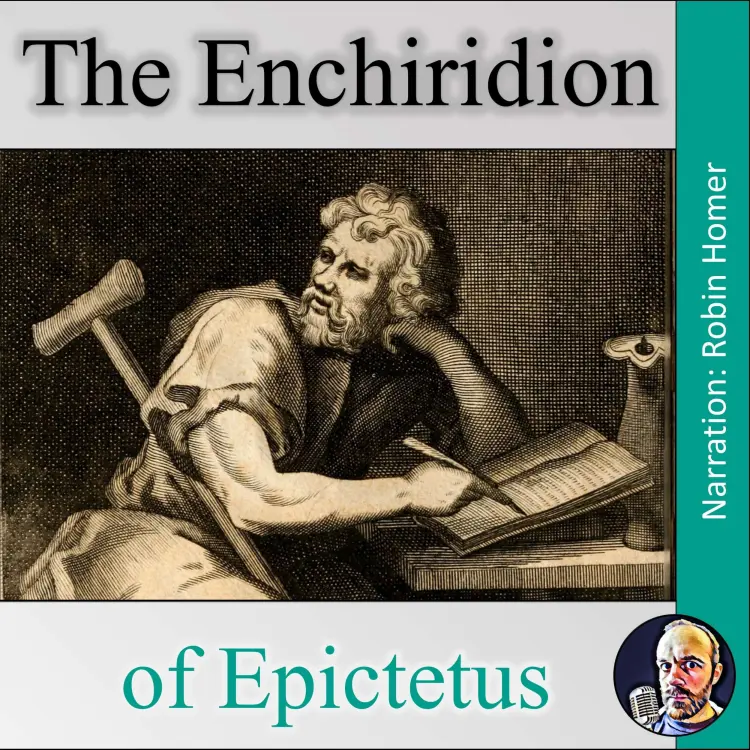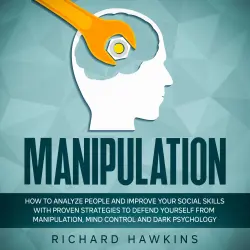
The Enchiridion of Epictetus
Arrian
Unabridged
55 minutos
Nota: La reproducción de los audiolibros o de las obras de audio en las respectivas plataformas, por ejemplo Spotify, puede generar gastos. Lismio no tiene ninguna influencia sobre qué audiolibros y obras de audio están disponibles en el servicio.
Algunos artículos contienen enlaces de afiliados (marcados con un asterisco *). Si hace clic en estos enlaces y compra productos, recibiremos una pequeña comisión sin coste adicional para usted. Su apoyo ayuda a mantener este sitio en funcionamiento y a seguir creando contenidos útiles. Gracias por su apoyo.
De la editorial
The Enchiridion or Handbook of Epictetus is a short manual of Stoic ethical advice compiled by Arrian, a 2nd-century disciple of the Greek philosopher Epictetus. Although the content is mostly derived from the Discourses of Epictetus, it is not a summary of the Discourses but rather a compilation of practical precepts. Eschewing metaphysics, Arrian focuses his attention on Epictetus's work applying philosophy to daily life. The book is thus a manual to show the way to achieve mental freedom and happiness in all circumstances
The Enchiridion appears to be a loosely-structured selection of maxims.[10] In his 6th-century Commentary, Simplicius divided the text into four distinct sections suggesting a graded approach to philosophy:[10]
Chapters 1-21. What is up to us and not, and how to deal with external things.
1-2. What is up to us and not, and the consequences of choosing either.
3-14. How to deal with external things (reining the reader in from them).
15-21. How to use external things correctly and without disturbance.
Chapters 22-28. Advice for intermediate students.
22-25. The problems faced by intermediate students.
26-28. Miscellania: the common conceptions, badness, and shame.
Chapters 30-47. Technical advice for the discovery of appropriate actions (kathēkonta).
30-33. Appropriate actions towards (a) other people, (b) God, (c) divination, (d) one's own self.
34-47. Miscellaneous precepts on justice (right actions).
Chapters 48-53. Conclusions on the practice of precepts.
48. Final advice and his division of types of people.
49-52. The practice of precepts.
53. Quotations for memorisation.
The Enchiridion appears to be a loosely-structured selection of maxims.[10] In his 6th-century Commentary, Simplicius divided the text into four distinct sections suggesting a graded approach to philosophy:[10]
Chapters 1-21. What is up to us and not, and how to deal with external things.
1-2. What is up to us and not, and the consequences of choosing either.
3-14. How to deal with external things (reining the reader in from them).
15-21. How to use external things correctly and without disturbance.
Chapters 22-28. Advice for intermediate students.
22-25. The problems faced by intermediate students.
26-28. Miscellania: the common conceptions, badness, and shame.
Chapters 30-47. Technical advice for the discovery of appropriate actions (kathēkonta).
30-33. Appropriate actions towards (a) other people, (b) God, (c) divination, (d) one's own self.
34-47. Miscellaneous precepts on justice (right actions).
Chapters 48-53. Conclusions on the practice of precepts.
48. Final advice and his division of types of people.
49-52. The practice of precepts.
53. Quotations for memorisation.









